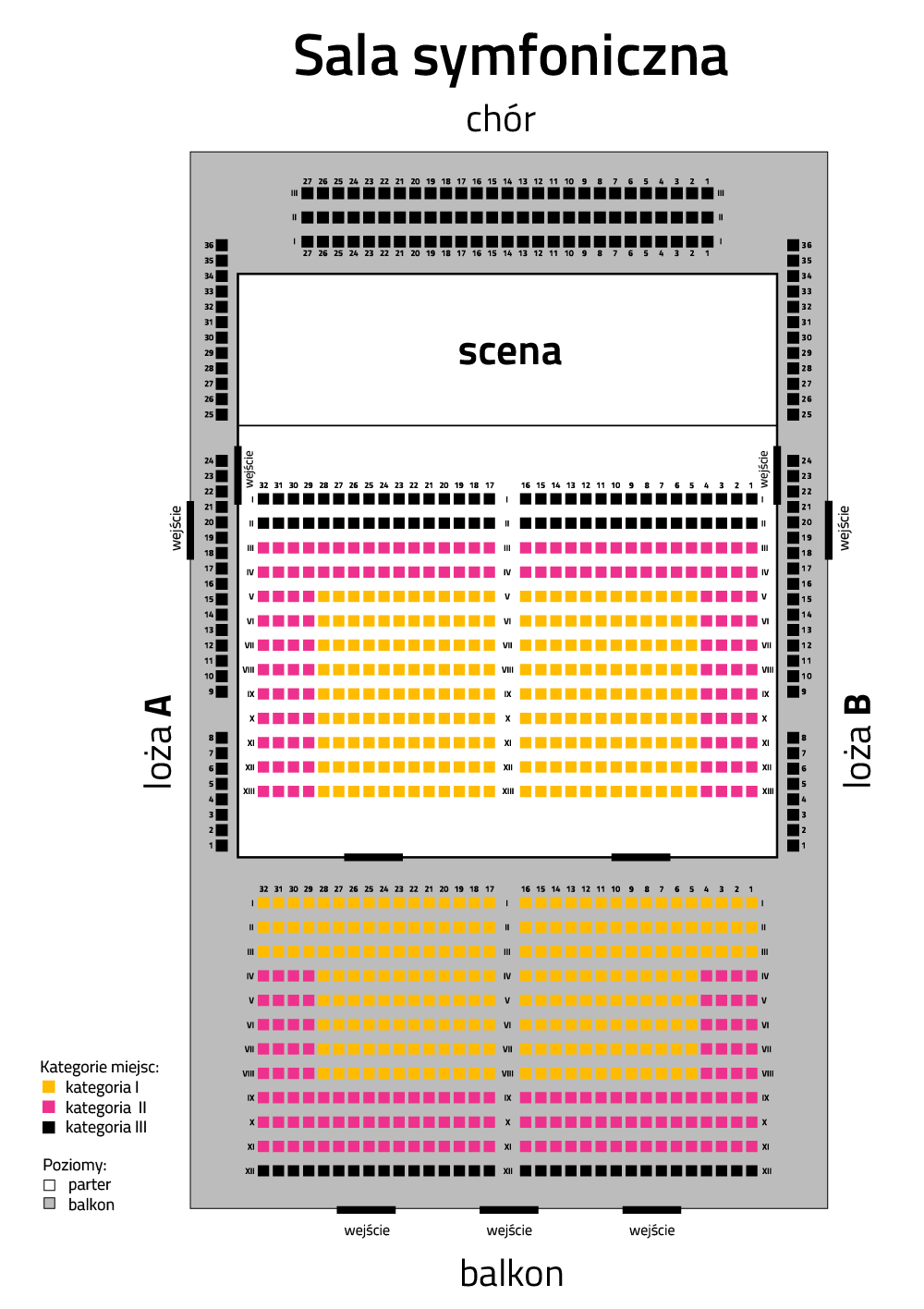In the pre-internet, pre-television and pre-cellular era – which of course is hard to imagine today – music performed by an orchestra or soloist constituted quite an entertainment. In the hope that this is still possible, the Philharmonic artists will entertain the audience. We will hear instruments rarely exposed in solos – the clarinet and double bass. Krzysztof Krzyżewski is a clarinetist who is permanently associated with the House of Music in Małopolska Street, along with Karol Nasiłowski who began his career at the Philharmonic in Szczecin. The solo parts will be lifted by one of the most famous works of the Philharmonic’s patron, Serenade Op. 2. Formally the composition refers to serenadenmusik, or music for fun.
To amuse the public, for centuries, serenades, partitas, divertimentos, intermezzos, musical jokes, eclipses, album covers and ... bagatelles were composed. Five bagatelles by 20th century Italian composer Gerald Finzi (1901-1956) will be performed by Krzysztof Krzyżewski, who has worked in the symphony orchestra since he attained his PhD in clarinets (Academy of Art in Szczecin). The individual bagatelles are: Prelude, Romance, Carol, Forlana, Fughetta. Each of them is an excellent opportunity to show the various mood-tuning possibilities of the instrument, such as: chanting, cheerfulness, melancholy, virtuosity and pastorality (populism). The artist feels perfectly at home in such a romantic repertoire, as he recently cemented with a great album with works by Schumann, Brahms and Schubert ("Clarissimo" 2017).
Emancipation of the clarinet to a soloist was the same as that with the double bass in the 18th century. But as the clarinet quickly advanced to consciousness as a solo instrument, the battle of the double bass with the stereotype of a master of the second plane, was much more difficult, and in some places still continues today. To illustrate this long road to emancipation for both instruments, let's quote from a Russian newspaper of 1780: Musician for sale, age 26, height 6 feet two inches, plays bass and clarinet – he sings bass. He can phlebotomise, knows hairdressing and the enema. (Slonimsky's Book of Musical Anecdotes, p. 50).
Well, the social promotion of the double bass was particularly problematic. Still in the twentieth century, the protagonist of, Patrick Süskind’s monodrama, confessed that: The double bass is the ugliest, the most clumsy and least elegant instrument ever invented. At times I would most like to break it up, cut it into pieces. I’d chop it, ground it and spray it. (...) Even if one of the musical celebrities played Bach's "Chaconne" or Paganini's "Caprice" on the double bass, it would be horrible anyway. We must note, however, that in another place in Süskind's drama the protagonist betrays one most important dream – to play a solo ... Fortunately today double bassist Karol Nasiłowski knows the experience and tradition of many generations of artists who have blazed soloist trails for the instrument.
Giovanni Bottesini (1821-1889), whose concerto we will hear, is the virtuoso of the double bass, his talent was valued by Giuseppe Verdi himself. The artist developed the technique of playing, gaining all the same a nickname "the Paganini of the double bass". The virtuosic way is followed by soloist Karol Nasiłowski, who although started in the orchestra, awoken his virtuoso gene, triumphing on contests, taking part in countless workshops to now land on the post of a double bassist-soloist of the Danish National Chamber Orchestra in Copenhagen.
The musical entertainment on Sunday's Philharmonic afternoon is crowned by Mieczysław Karłowicz's serenade. However, it will not be Karłowicz, the author of the dark symphonic poems, as the musical pantheist posing existential questions. Parts of the serenade: march, romance, waltz and finale, will take us into an atmosphere of balls, airiness and fun. Without cell phones. Is it still possible?
------------------------------
Mikołaj Rykowski PhD
Musicologist and clarinetist, doctorate, and associate at the Department Music Theory at the Paderewski Academy of Music in Poznań. Author of a book and numerous articles devoted to the phenomenon of Harmoniemusik – the 18th-century practice of brass bands. Co-author of the scripts "Speaking concerts" and author of the spoken introductions to philharmonic concerts in Szczecin, Poznań, Bydgoszcz and Łódź.


